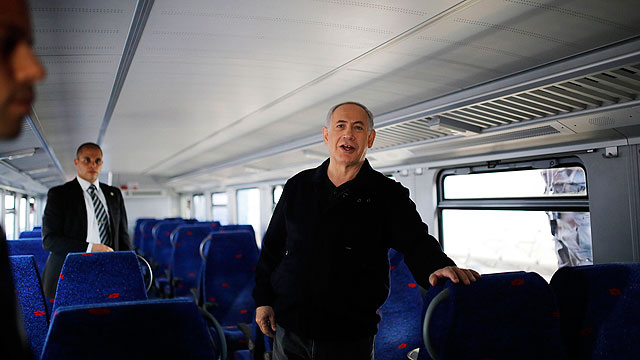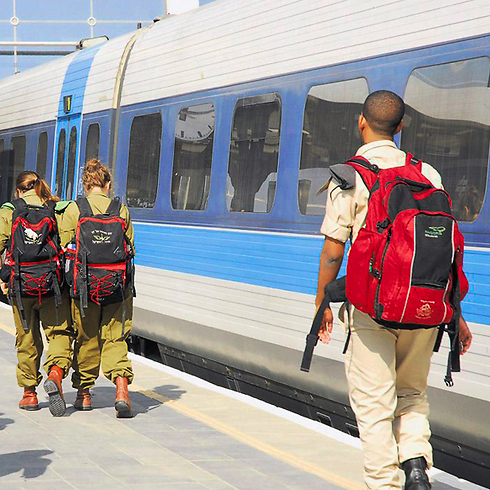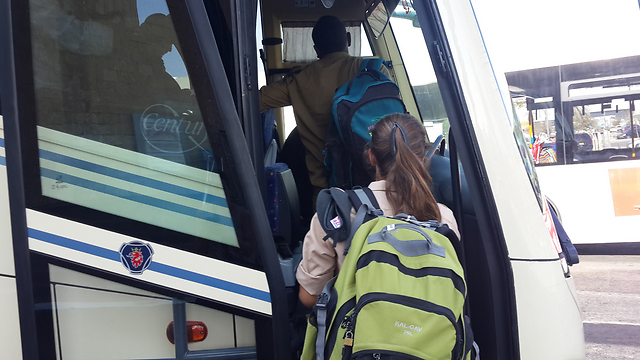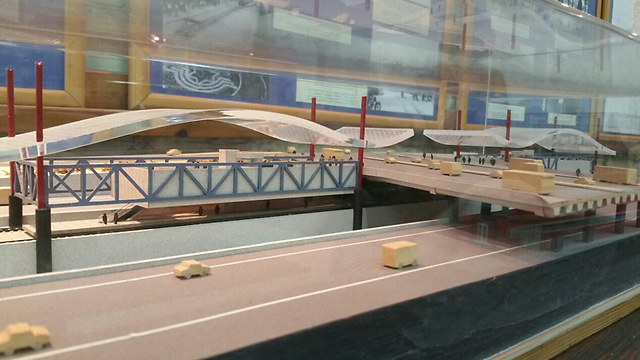
Haredim reject Netanyahu's Shabbat compromise
After PM agrees to cancel 17 out of 20 infrastructure projects which were supposed to be carried out on Shabbat, Haredi party insist on all 20; operational hours of train lines running on weekends to be reduced, affecting some 70,000 passengers and thousands of soldiers.
However, the compromise offered by Netanyahu fell short of satisfying his religious coalition partners as these insisted that all 20 projects be cancelled during Shabbat.
On Friday the directory of the Rabbinate, Moshe Dagan said, “As a representative of the chief rabbis I would like to state that our stance is that...carrying out the work on Shabbat is not approved and carrying out the work on Shabbat cannot happen. There is no danger to life.” Dagan added the latter statement in reference to the Jewish principle of ‘Pikuah Nefesh’ which permits most transgressions, such as violating Shabbat, if a life is at risk.
Israel’s chief rabbi, Rabbi David Lau also entered the fray, writing to Minister Yaakov Litzman that he concurs entirely with the viewpoint of the Sephardi chief rabbi, Yitzhak Yosef: “In light of my colleague’s clarification, I agree that it impossible to determine that there is a threat to life.”
From the outset, the Haredi officials refused to permit work on the three remaining projects which Netanyahu did not nullify, demanding instead that the government wait on a police decision. On Thursday night, the police informed the PMO that cancelling the three projects could endanger lives. Nevertheless, the Haredi officials rejected the evaluation, insisting that alternative solutions could be found.
The cancellations will affect some 70,000 passengers—mostly soldiers—and will mean a delay of 10 days until the completion of the fast-train project from Tel Aviv to Jerusalem.
The ultra-Othodox officials also demanded that certain changes be made to the way in which trains operate prior to, and after Shabbat. Currently, Israel’s trains cease to operate 20 minutes before Shabbat commences and 20 minutes after its conclusion.
While this means that the trains do not run during Shabbat itself, it nonetheless requires workers to violate it in preparation for work. As a result therefore of the Haredi demands, some of the lines operating on Friday and Saturday night will be cancelled or their operational hours reduced.
The main people to be affected by the move will be soldiers returning home from their bases at the end of the week or who are required to return their bases on Saturday night. "It limits us as soldiers and as civilians. I don't understand the logic," said Natan Gorfinkel, a soldier from Be'er Sheva.
"It is terrible. As a soldier I feel that this restricts me in many ways," said Itai. "I will arrive home late for Shabbat. It restricts me."














